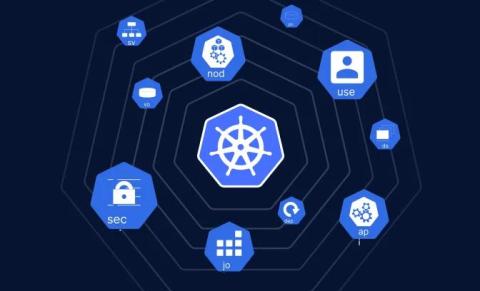Why Kubernetes Is Becoming the Platform of Choice for Running AI/MLOps Workloads
Artificial intelligence (AI) and machine learning operations (MLOps) have become crucial across a wide swath of industries, with the two technologies working in tandem to provide value. AI enables data-driven insights and automation, while MLOps ensures efficient management of AI models throughout their lifecycle. With AI’s growing complexity and scale, organizations need robust infrastructure to manage intensive computational tasks, giving rise to platforms like Kubernetes.











